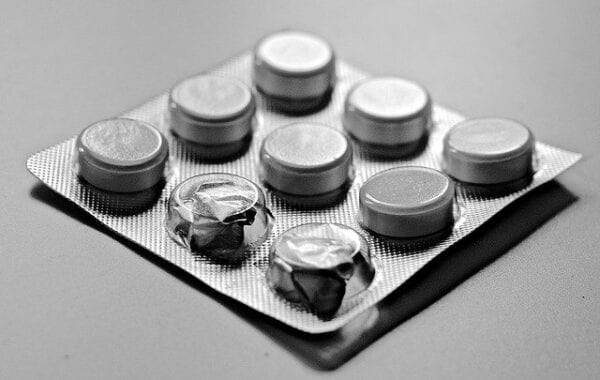An 89-year-old female has a history of frequent UTIs. She has been taking ciprofloxacin for UTI prophylaxis at 250 mg once daily for about 1 year. She has not had a UTI since starting on the ciprofloxacin. She takes it in the morning with her breakfast. She has a history of diabetes, CKD, osteoarthritis, neuropathy, and GERD. Current medications include:
- Lantus 10 units at bedtime
- Aspirin 81 mg daily
- PhosLo 667 mg three times daily with meals
- Omeprazole 20 mg at bedtime
- Acetaminophen 500 mg three times daily
- Famotidine 20 mg in the morning
- Gabapentin 900 mg TID
In long-term care consulting, I believe it is important to address the chronic use of all medications. In the review of ciprofloxacin for UTI prophylaxis, there are a few things that I’m thinking about. The drug interaction between ciprofloxacin and PhosLo is problematic. PhosLo (calcium acetate) can significantly reduce the concentrations of ciprofloxacin. I detail ciprofloxacin interactions and hundreds of others in my recent book on drug interactions. This is going to lead me to question whether the ciprofloxacin is adequately being absorbed and also cause me to reassess if it is actually preventing UTIs. There are a couple of options that should be considered in this situation, but I would definitely be inquiring about whether it could be discontinued and then monitor the patient for future UTIs since she hasn’t had a UTI in over a year. It would also be important to review the timing of when the PhosLo started. If it was started recently, the patient may be at future risk of UTIs. At a minimum, I would recommend changing the timing of ciprofloxacin to a couple of hours before the PhosLo if it is necessary to continue with the medication.
PhosLo can be a good indicator of poor renal function. This should prompt you to look at the patient’s kidney function and reassess if dosages of medication are appropriate. Ciprofloxacin is really dose adjusted and this would be important to review if the drug is to be continued.
In addition to ciprofloxacin, gabapentin is renally eliminated. A total daily dose of 2700 mg is huge in an 89-year-old patient. Couple that with the fact that renal function is likely poor in a patient needing PhosLo, the dosing of gabapentin is likely way too high and could put our patient at risk of CNS problems like dizziness, sedation, and fall risk. What else would you be concerned about in this patient?
- 30 medication mistakes PDF
- 18+ Page Drug Interaction PDF
- 10 Commandments of Polypharmacy Webinar based on my experiences in clinical practice



0 Comments